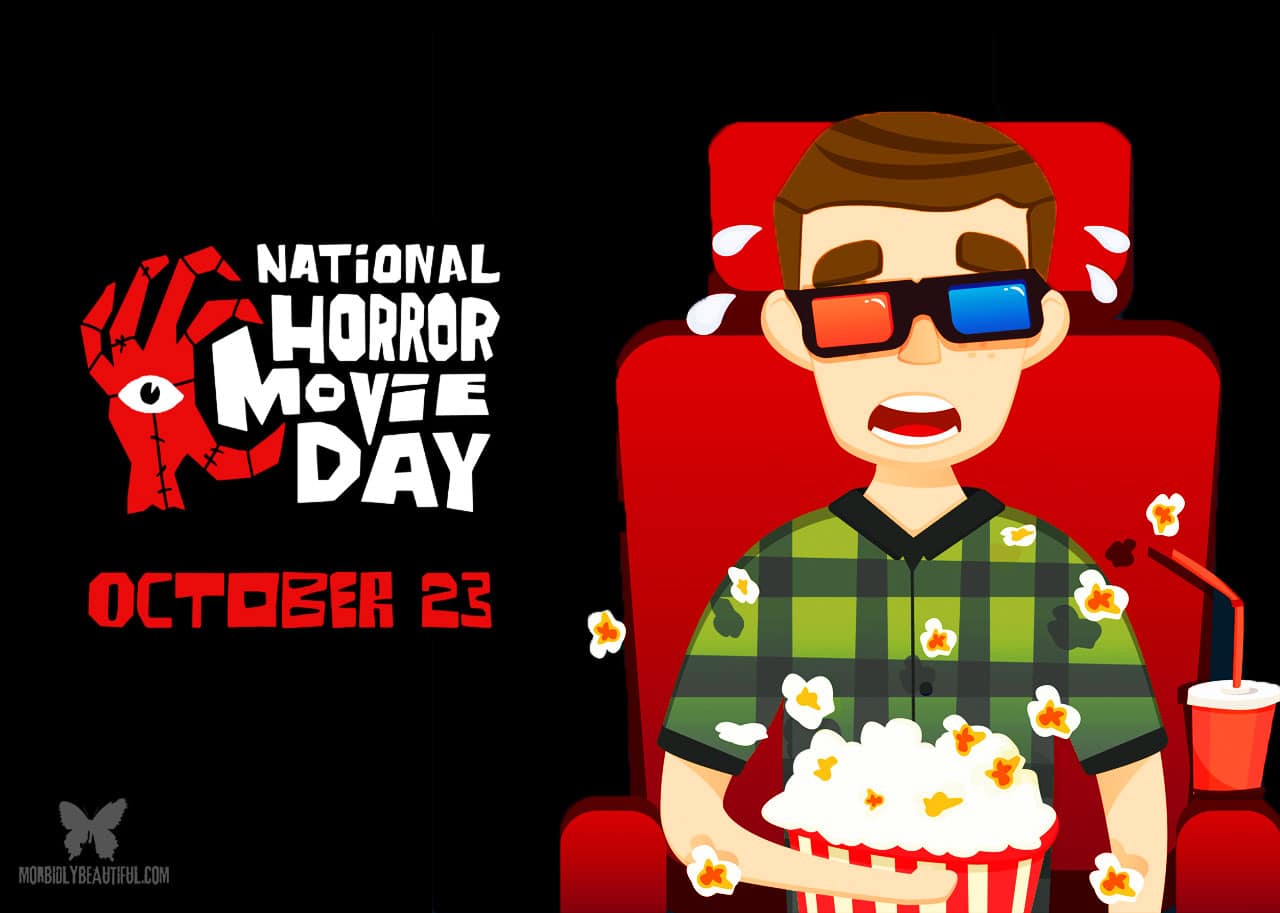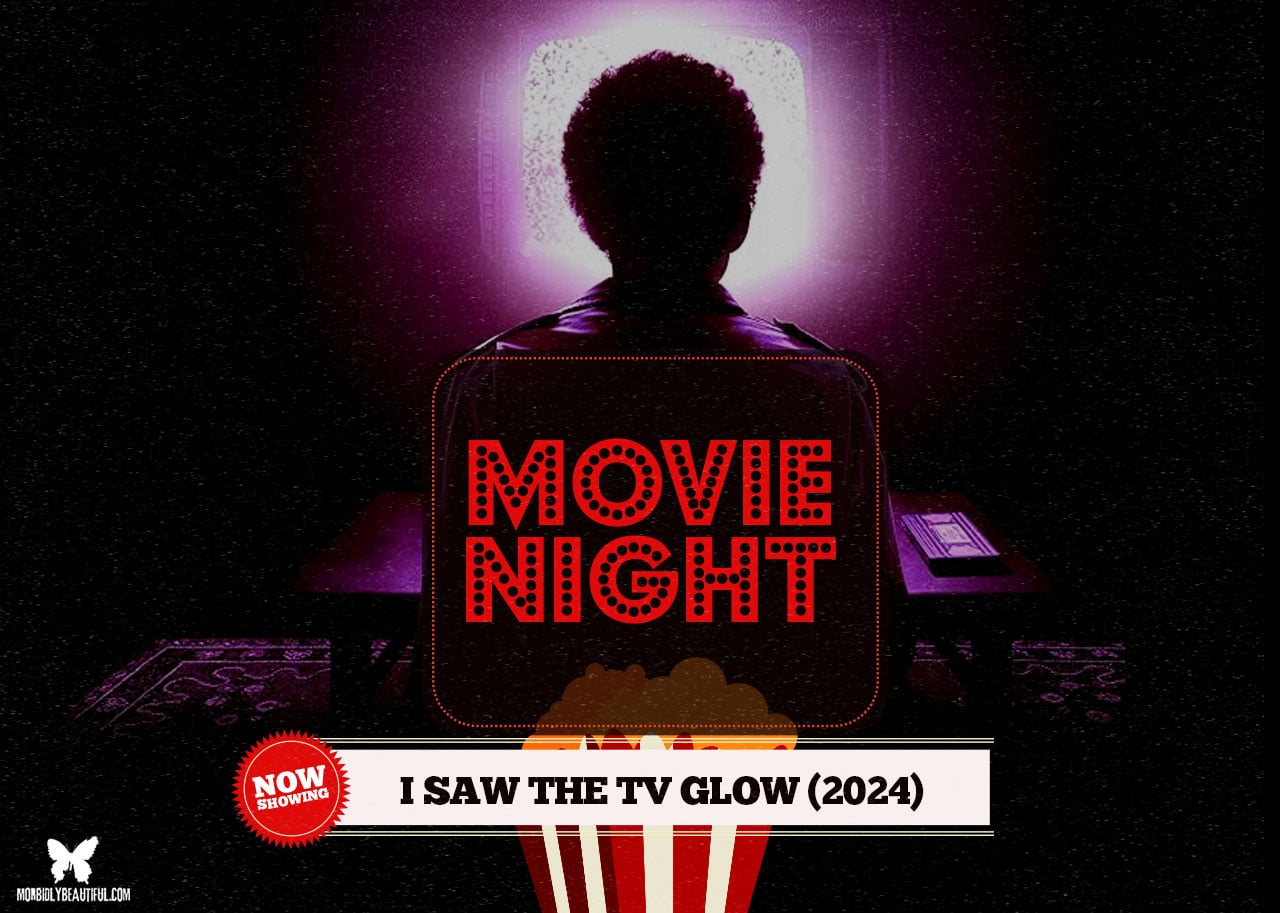Movie Rules 2025: The Ultimate Guide To The Future Of Film
Hey there, movie buffs! If you're wondering what the movie rules 2025 are all about, you've come to the right place. The world of cinema is evolving faster than ever, and it's not just about big-budget blockbusters anymore. It's about how movies are made, distributed, and experienced by audiences around the globe. So, if you're ready to dive into the future of filmmaking, let's get started. Trust me, this is gonna be a wild ride!
As we step into 2025, the movie industry is at a crossroads. With streaming platforms taking over and traditional theaters struggling to adapt, the rules of the game have changed. But don't worry, this isn't the end of cinema—it's just the beginning of something new and exciting. We'll break down everything you need to know about the movie rules 2025 so you can stay ahead of the curve.
Let's face it, movies have always been about storytelling, but today, the way we tell those stories has evolved. From AI-generated scripts to virtual reality experiences, the possibilities are endless. In this article, we'll explore the new movie rules 2025, what they mean for filmmakers, and how they impact your movie-watching experience. So, buckle up and let's dive in!
Read also:Daphne Oz Shares Inspiring Postpartum Journey And New Cookbook Announcement
Here's a quick table of contents to help you navigate through the article:
- The History of Movie Rules
- What Are the Movie Rules in 2025?
- Technology's Role in Movie Rules 2025
- Streaming Platforms and Their Impact
- The Future of Movie Theaters
- Understanding the Modern Audience
- Budgeting in the New Era
- AI in Filmmaking
- Virtual Reality and Immersive Experiences
- Final Thoughts
The History of Movie Rules
Let's take a trip down memory lane and see how movie rules have evolved over the years. Back in the day, the rules were pretty straightforward—shoot a film, release it in theaters, and hope for the best. But as technology advanced, so did the rules. The rise of VHS, DVDs, and now streaming platforms has completely transformed the way we consume movies.
Fast forward to 2025, and the rules have become even more complex. Filmmakers now have to consider multiple platforms, audience preferences, and even AI-generated content. It's a whole new ballgame, and understanding the history of movie rules is crucial to grasping the present and future.
Key Milestones in Movie History
- The invention of the motion picture camera in the late 1800s.
- The rise of Hollywood in the early 1900s.
- The introduction of VHS and home video in the 1970s.
- The digital revolution and the birth of streaming platforms in the 2000s.
What Are the Movie Rules in 2025?
Alright, let's cut to the chase. What are the movie rules 2025 all about? Simply put, they're a set of guidelines that filmmakers and studios follow to stay relevant in today's fast-paced world. These rules aren't set in stone, but they do provide a framework for creating successful films in 2025.
Some of the key rules include:
- Focusing on diverse storytelling and representation.
- Embracing new technologies like AI and virtual reality.
- Creating content that appeals to both streaming and theatrical audiences.
Why These Rules Matter
The reason these rules matter is simple: they reflect the changing preferences of modern audiences. People today want more than just a good story—they want an experience. Whether it's through immersive VR or personalized content, the movie rules 2025 are all about delivering that experience.
Read also:Chrissy Teigen Shares Baby Boy Ultrasound With A Dash Of Humor
Technology's Role in Movie Rules 2025
Technology has always played a big role in the movie industry, but in 2025, it's more important than ever. From AI-generated scripts to 4K cinematography, the possibilities are endless. But how exactly does technology fit into the movie rules 2025?
For starters, technology has made it easier than ever to produce high-quality films on a budget. With tools like Adobe Premiere and DaVinci Resolve, filmmakers can edit their movies from the comfort of their own homes. And let's not forget about AI, which is revolutionizing everything from scriptwriting to post-production.
Top Technologies Shaping the Future of Movies
- AI-generated scripts and dialogue.
- 4K and 8K cinematography.
- Virtual and augmented reality experiences.
Streaming Platforms and Their Impact
Let's talk about streaming platforms, shall we? In 2025, streaming is king, and it's not hard to see why. Platforms like Netflix, Amazon Prime, and Disney+ have changed the way we watch movies, and they've also influenced the movie rules 2025.
Streaming platforms have given filmmakers more freedom to experiment with different genres and formats. They've also made it easier for audiences to access a wide variety of films from the comfort of their homes. But with great power comes great responsibility, and streaming platforms have their own set of rules to follow.
How Streaming Platforms Are Changing the Game
- More diverse content for global audiences.
- Personalized recommendations based on viewing habits.
- Direct-to-streaming releases for big-budget films.
The Future of Movie Theaters
Now, let's talk about movie theaters. Are they becoming obsolete in 2025? Not quite. While streaming platforms have certainly taken a chunk out of their business, theaters are still an important part of the movie-watching experience. The movie rules 2025 recognize this and encourage filmmakers to create content that works for both platforms.
Theaters are adapting by offering premium experiences like IMAX, Dolby Atmos, and even virtual reality. They're also focusing on creating a social experience that you just can't get at home. So, while the rules may have changed, theaters are still very much a part of the equation.
Why Theaters Still Matter
- Premium viewing experiences like IMAX and Dolby Atmos.
- Social experiences that bring people together.
- First-run releases for highly anticipated films.
Understanding the Modern Audience
Let's not forget about the most important part of the equation—the audience. In 2025, audiences are more diverse and tech-savvy than ever before. They expect high-quality content that resonates with them on a personal level. The movie rules 2025 take this into account and encourage filmmakers to create content that speaks to a global audience.
Modern audiences also demand authenticity and representation. They want to see stories that reflect their own experiences and cultures. This means that filmmakers need to be more inclusive in their storytelling, both in front of and behind the camera.
Key Characteristics of the Modern Audience
- Global and diverse.
- Tech-savvy and digitally connected.
- Seeking authentic and representative stories.
Budgeting in the New Era
Budgeting is another important aspect of the movie rules 2025. With the rise of independent filmmaking and crowdfunding platforms, it's easier than ever for filmmakers to get their projects off the ground. But that doesn't mean budgeting is any less important. In fact, it's more crucial than ever to manage finances wisely.
One of the biggest changes in budgeting is the shift from traditional studio financing to a more decentralized model. Filmmakers can now raise funds through platforms like Kickstarter and Indiegogo, giving them more control over their projects. This has led to a rise in independent films that challenge the status quo and push the boundaries of storytelling.
Tips for Managing a Movie Budget
- Set realistic goals and stick to them.
- Explore alternative funding sources like crowdfunding.
- Invest in quality over quantity—focus on what matters most.
AI in Filmmaking
Let's talk about AI, shall we? AI is one of the most exciting developments in the movie rules 2025. From generating scripts to analyzing audience data, AI is changing the way movies are made. But what exactly does this mean for filmmakers?
AI can help filmmakers save time and money by automating certain tasks, like editing and color correction. It can also analyze audience data to predict which types of films will resonate with viewers. However, it's important to remember that AI is a tool, not a replacement for human creativity. Filmmakers still need to bring their own unique perspectives and ideas to the table.
How AI Is Changing Filmmaking
- Automating repetitive tasks like editing and color correction.
- Analyzing audience data to predict trends and preferences.
- Generating scripts and dialogue using natural language processing.
Virtual Reality and Immersive Experiences
Finally, let's talk about virtual reality (VR) and immersive experiences. In 2025, VR is no longer just a novelty—it's a legitimate medium for storytelling. The movie rules 2025 recognize this and encourage filmmakers to explore this new frontier.
VR allows audiences to step inside the world of a movie and experience it in a whole new way. It's not just about watching a film anymore—it's about being a part of it. This opens up endless possibilities for filmmakers who want to push the boundaries of storytelling and create truly immersive experiences.
Why VR Is the Future of Filmmaking
- Immersive experiences that put the audience in the story.
- New storytelling possibilities through interactive narratives.
- Engaging audiences in ways traditional movies can't.
Final Thoughts
Well, there you have it—the ultimate guide to movie rules 2025. As you can see, the world of cinema is changing rapidly, and it's up to filmmakers to adapt and thrive in this new environment. Whether it's through technology, streaming platforms, or immersive experiences, the possibilities are endless.
So, what can you do to stay ahead of the curve? Start by embracing the new rules and exploring the tools and technologies available to you. And don't forget to engage with your audience—after all, they're the ones who make movies worth making.
Before you go, I'd love to hear your thoughts. What do you think about the movie rules 2025? Are there any rules you think I missed? Leave a comment below and let's start a conversation. And if you enjoyed this article, don't forget to share it with your friends and follow us for more content like this. See ya!
Article Recommendations


